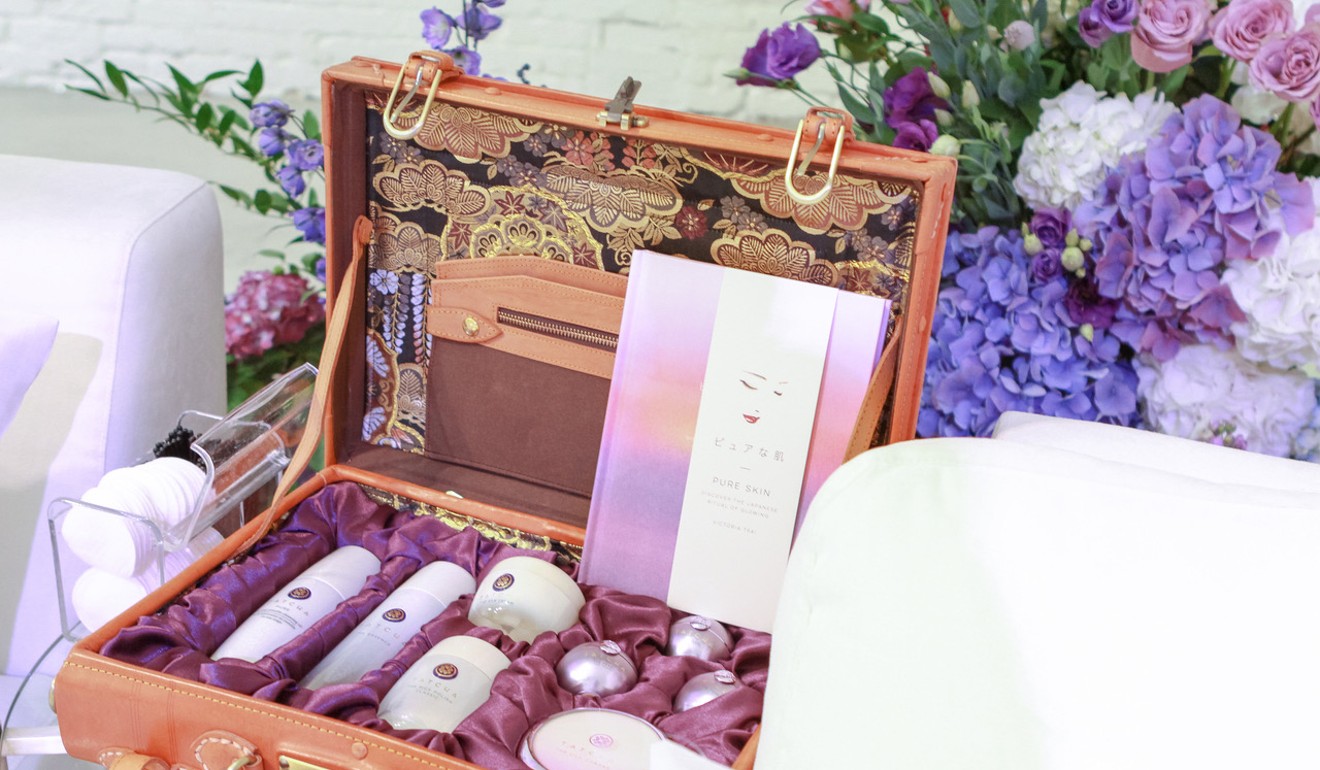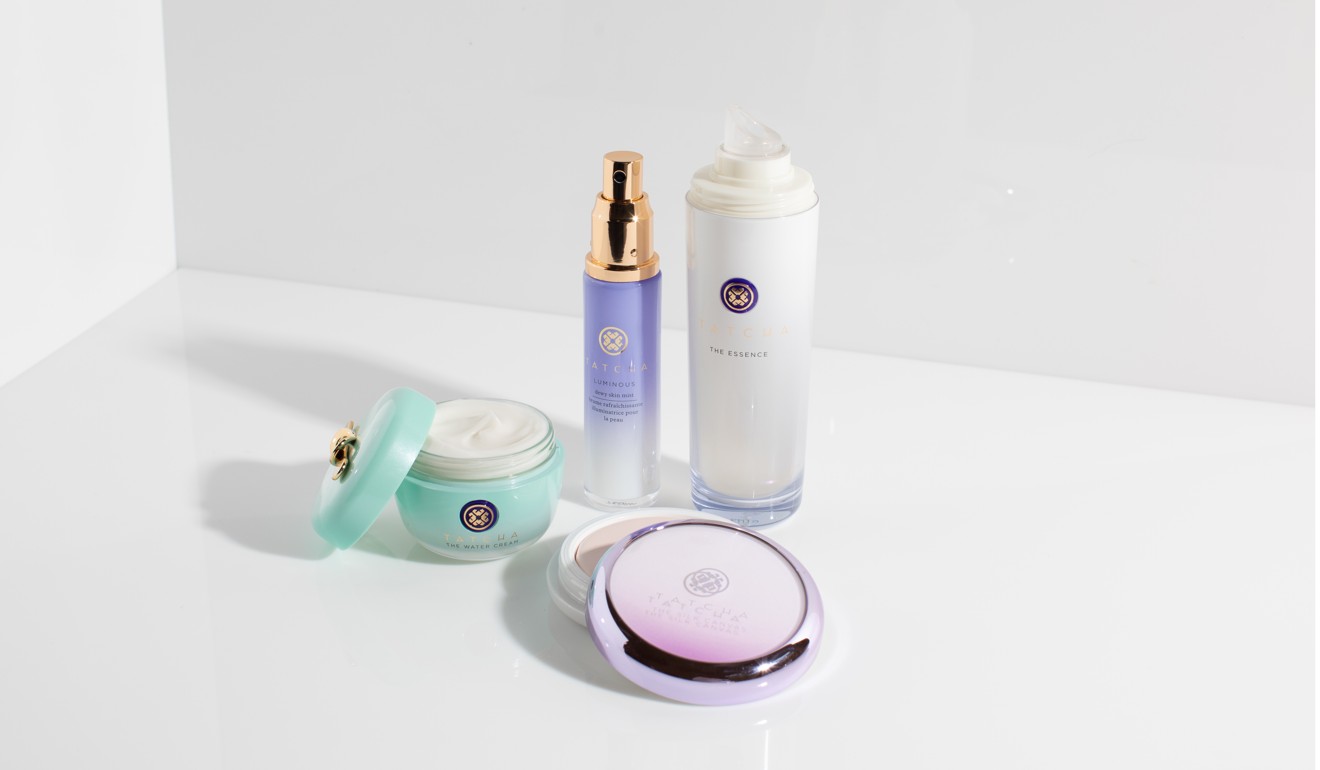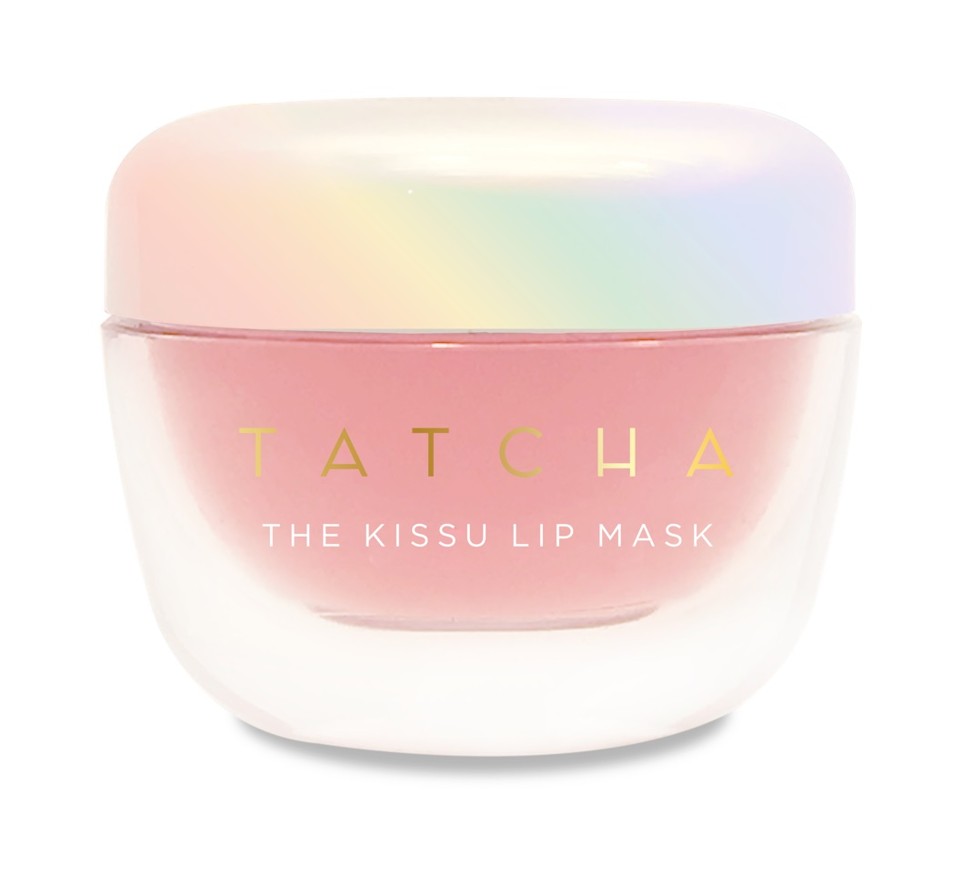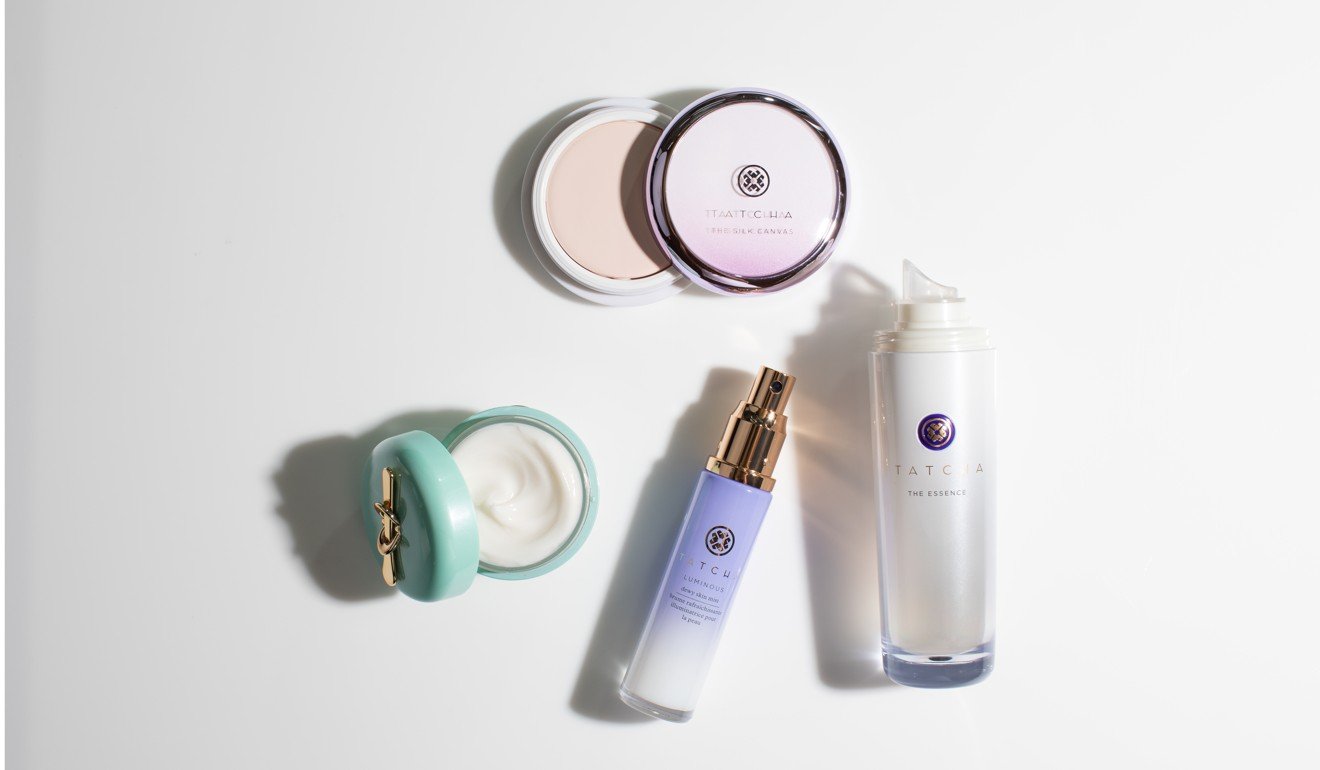
How Japan’s geisha culture inspired Tatcha make-up founder Victoria Tsai to dive into the world of beauty
The idea for Tatcha came when Tsai had an encounter with a modern-day geisha in Kyoto. Eight years later, the entrepreneur is a powerhouse in the beauty industry
Victoria Tsai sat nestled on a couch, looking red carpet-worthy in a pastel blue bustier dress, near a stack of copies of hernew book, Pure Skin: Discover the Japanese Ritual of Glowing. Around her buzzed dozens of beauty influencers and make-up artists, there to pay homage to the savvy entrepreneur who gave the beauty world blotting paper, rice water face washes and The Silk Canvas – the bestselling primer at beauty store Sephora in the United States.
The warm and approachable beauty celebrity welcomed her fans, encouraging them to spritz a bit of this here and dab a smudge of that there.
Japanese beauty brands reassert themselves amid K-beauty buzz
The founder of Tatcha, a brand based on ancient Japanese beauty rituals, was recently in Los Angeles to launch a new product and showcase a reformulated one.
Accompanying her was celebrity make-up artist Daniel Martin, the man behind the wedding day make-up of Meghan Markle, Duchess of Sussex.

The event provided an opportunity for Tsai to chart the course of the eight years since she launched her line, which started with her famed blotting papers, Original Aburatorigami. The soft leaflets are made from abaca leaf and contain 23-carat gold flecks that blot away oils from the skin while leaving make-up intact.
Tsai remembers clearly the launch of the blotting papers ; they came out on the same day that she gave birth to her daughter – but in those early days, it was hard for her line to get any traction.

“Nobody picked us up,” she says. “No retailers, no influencers.” That changed when she got the papers over to Martin, whose work on celebrities she had admired. Tsai says “he was the nicest, kindest and most wonderful soul, and we’ve been best friends ever since”.
Looking back, Tsai says social media has played its part in the growth of her brand – it is available in multiple countries, and in Hong Kong, and at pedigreed stores such as Barneys New York.
Tatcha remains a privately owned and independent company, even though Tsai says that every so often, she’ll get an offer of some sort. “It’s a popular discussion topic that comes back every six months,” she says.
She self-financed the launch of the company with some investment from family and friends, and says her main objective now is “to build a brand for the long term”.

The idea for Tatcha came about during a trip to Kyoto, when Tsai, who was working for an American corporation at the time, had an encounter with a modern-day geisha. Tsai had suffered from acute dermatitis, and after employing some of the skincare techniques embraced by generations of the courtesans, Tsai found her complexion transformed. From there she started formulating products and building a brand.
The Rice Polish Foaming Enzyme Powder was Tatcha’s follow-up to the blotting papers, and has recently been reformulated and relaunched in various versions for different skin types. It was created from one of the fundamentals of traditional geisha culture: the women would wash their face with the water remaining from soaked rice.
“I love it because the base is literally rice,” she says, “but we were finding that our US customer would add water to it and literally scrub the skin. Now, it’s so fine that if you add water it turns into a cloud, so that option has been taken away.”

Tsai dived back into the Japanese beauty archive for Tatcha’s most recent innovation – and star of the recent Los Angeles event – the Kissu Lip Mask, which is founded on a Japanese tradition of lip care revolving around chopped peach seeds mixed with oils. The new product – a non-sticky jelly – smears onto the lips and is designed to be left on for hours, preferably overnight.
Like the other products in the Tatcha universe, it has caught on quickly among beauty influencers and their devoted fans. It’s beautifully packaged and conveys a luxury sensibility, yet the price (US$30) isn’t terrifying.
Why Chinese jade rollers became such a beauty hit in the West
Tsai says there is a clear point of differentiation between J-beauty – the term coined to cover everything beauty-related from Japan – and its more omnipresent sister, K-beauty, which hails from Korea.

Tsai says the way a culture approaches beauty is akin to the way it approaches food.
“French beauty is like butter – rich and decadent. Korean beauty, like its food, has everything – it’s sweet, it’s spicy, it’s a party. But Japanese beauty is like the ingredients used in its food – there are very few of them, and their quality has to be on another level. It’s expensive, but it’s about craftsmanship. You might not see it as ‘jazzy fun’, but still, there is something there for everyone.”

